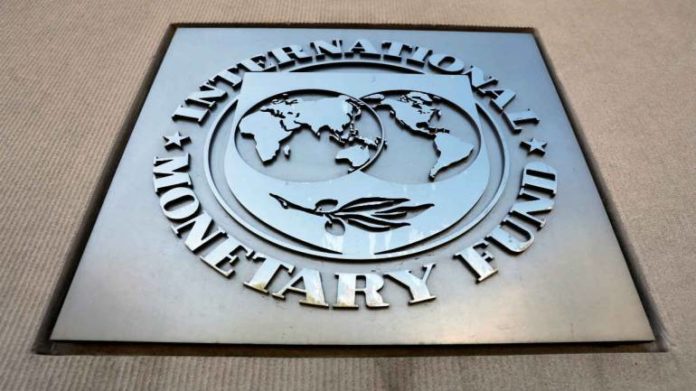Director of the Institute of Statistical Social and Economic Research (ISSER) at the University of Ghana, Professor Peter Quartey, has urged government to ensure engagement with the International Monetary Fund (IMF) are formulated around home-grown policies on agriculture and industrial transformation that will make the economy robust.
Speaking to journalists during ISSER’s post mid-year budget review discussions, Prof. Quartey said given the fact that global events continue to impact negatively on the local economy, it is necessary that discussions with the Fund for the Enhanced Domestic Programme proposed by government focus on supporting policies that will improve agriculture, industrial transformation and revenue mobilization.
“The IMF certainly will engage you on what you have and what you want to do. And so, any policy we prepare should focus on agriculture… Agriculture is key. We may face imminent food crisis if we don’t tackle challenges in agriculture. So I want to see some investment into irrigations, seed varieties in the value chain, credit guarantee for agriculture, etc. For me that is very critical; let’s solve the food problem.
“Two, revenue enhancement. We have said time and time again that we cannot continue to rely on tax revenue alone. We have non-tax revenue – for example, the state-owned enterprises. Are we getting enough from them, as well as trying to block the leakages from our tax system? With digitalization, we have seen a lot more being channelled online, how do we strengthen it to ensure we rake in more revenue?
“Ghana needs domestic policies to withstand the global shocks. Structural change of the economy is key to Ghana building resilience against global shocks,” he said.
Budget recommendations
The institute used the platform to proffer some solutions for government to implement in the budget to ensure that structural deficiencies in the economy is reversed. These include adding value to raw materials before exporting, increasing output in key sectors and value chain, among others.
“Ghana still depends heavily on revenue from raw material exports. There is need to modify structures to add value to primary products as a means toward adapting to the increasingly volatile world economy. Domestic initiatives should aim at increasing productivity and improving output in key primary sectors and value chains,” ISSER stated.
Again, when it comes to improving the fiscal situation, the institute is advising government to speedily implement the Tax Exemptions Law, as import exemptions alone cost the nations some GH¢4billion in 2021 and more than GH¢2.3billion so far this year.
It further called on government to re-introduce tolls using the E-pass system in order to avoid overcrowding at toll booths and to guarantee all revenue go directly to the state and not bypassed into private pockets.
With respect to the Electronic Transfer Levy (E-levy), which has performed woefully since its implementation, ISSER is proposing to government to slash the tax to 0.5 or at most 0.75 percent from the 1.5 percent in order to encourage consumers to keep using services such as the mobile money in their day-to-day transactions.







